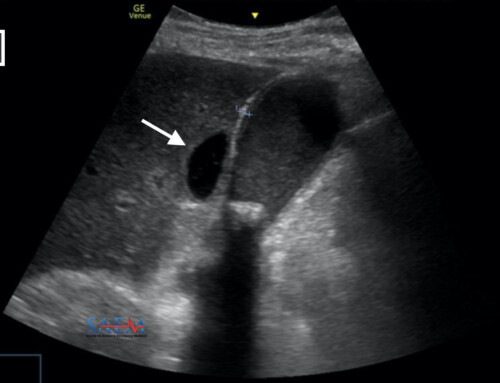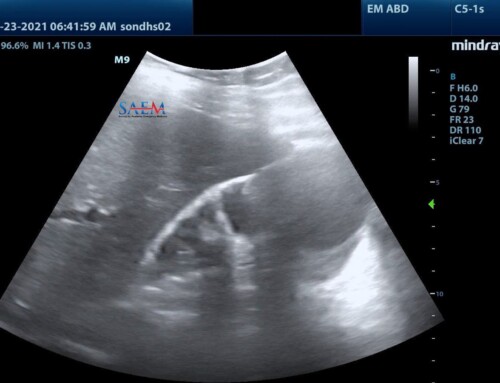 Dyphagia is a disorder of swallowing. It actually occurs in up to 10% of adults older than 50 years old. How can you determine the most likely causes for dysphagia? The secret is to obtain a thorough history and using the algorithm below, which I find really helpful from a review article in American Family Physician.
Dyphagia is a disorder of swallowing. It actually occurs in up to 10% of adults older than 50 years old. How can you determine the most likely causes for dysphagia? The secret is to obtain a thorough history and using the algorithm below, which I find really helpful from a review article in American Family Physician.
How do you read the figure?
- Determine first if patient has oropharyngeal vs esophageal dysphagia.
- Determine if mechanical (problem is solid foods only) vs neuromuscular (problem with liquids and solids)is more likely.
Tip:
- Medications can cause dysphagia from esophageal mucosal injury or reduced lower esophageal sphincter tone.
- CVA is most common cause of oropharyngeal dysphagia
Workup:
- Endoscopy
- Barium swallow
- Consider esophageal pH probe, manometry
PV Card: Dysphagia
Adapted from [1]
Go to ALiEM (PV) Cards for more resources.
Reference
- Spieker M. Evaluating dysphagia. Am Fam Physician. 2000;61(12):3639-3648. [PubMed]




